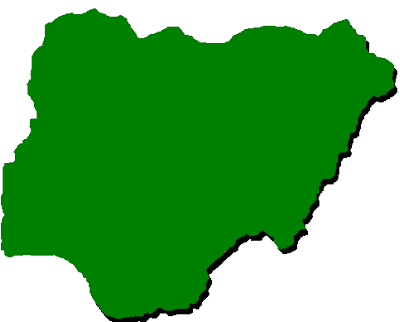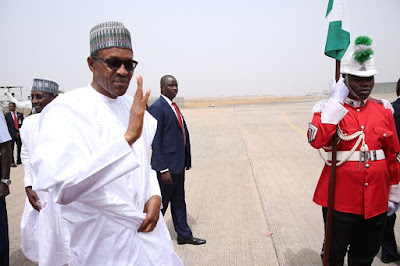By Dan Amor
Every
real nation state is an historical product. It is, in Marx's celebrated phrase,
"the official resume of the antagonism in civil society", but under
historically determinate circumstances. As such, it is the product of the
historically specific constellation of class relations and social conflicts in
which it is implicated. It may, therefore, indeed, it must, if it is not to
rest on its monopoly of the means of coercion alone, incorporate within its own
structure, the interests not only of the dominant but of the subordinate
classes. In this quite specific sense, then, every real nation state has an
inherently relative independence, including, as well, the independence to
understand the dynamics of its made-made domestic crises. In consequence,
therefore, the general characteristics of the Nigerian nation state today may
be seen in terms of the enormity of its domestic crises and social
contradictions.
Therefore, those who murdered Nigeria, and are
still killing its residues include, but not limited to: a big and comprador
bourgeoisie that has abdicated its political aspirations and allied itself to
semi-feudal interests; a discontented small and medium bourgeoisie made up of a
certain class of professionals and intellectuals, potentially revolutionary,
but which hesitates to renew the struggle for its national liberation. There is
a sleeping working class which is supposed to be the prime revolutionary force
but which cannot define clearly its trade union tasks and political aims. There
is a large crowd of youths, the student body that constitute about 60 per cent
of the national population, which has abdicated its responsibility of serving
as light to the national ideal due largely to intellectual dishonesty,
ignorance or docility arising from poverty of ideas. There is also, a peasant
mass of small landless factory hands, artisans and motorcycle operators
otherwise known as "Okada riders", who need a clear vision of their
tasks and a framework within which to organize their own action in unity with
the working class. Above all, a group of shameless, opportunistic and sadistic
Generals (retired and serving), domestic tyrants and usurpers who, because of
their prolonged crime against the people of this country, do not want political
power to shift to its rightful owners for fear of being probed. And, of course,
a handful of totalitarian Devils called traditional rulers who, having been
aware of their gross irrelevance in a democratic society, strive to ally
themselves with dictators, expired warlords and anti-democratic elements in
power in order to entrench feudal power in the local government councils.
It is in this context that we must examine
critically the way forward to the present logjam in the country. It would be
recalled that the deepening crises that resulted in the Nigerian Civil War were
the aftermath of the cumulative anger of the forces of real change against the
reactionary superstructure that was the First Republic















